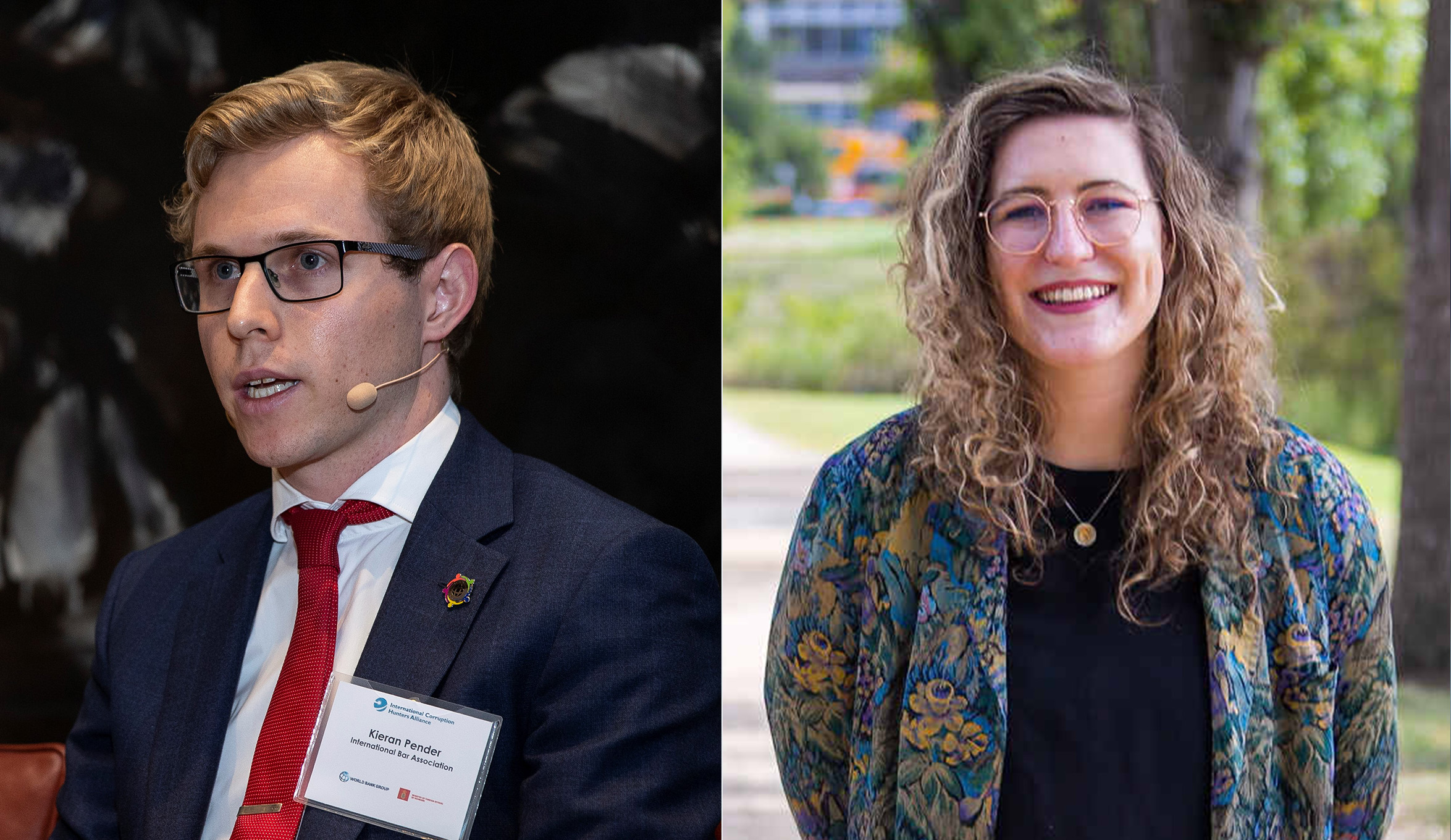A new research paper explores the extent of damages awarded to victims of sexual harassment in the workplace in the lead-up to and following the advent of #MeToo. The findings, its authors suggest, show professional industries like law still have a way to go.

On this episode of The Lawyers Weekly Show, host Jerome Doraisamy is joined by lawyer, writer and ANU College of Law visiting fellow Kieran Pender and ANU law student Madeleine Castles, to discuss the damages that have been awarded for sexual harassment by courts in recent years since the landmark Richardson case, and whether or not the quantum of such damages awarded has opened the floodgates for victims of workplace misconduct to come forward.
If you like this episode, show your support by rating us or leaving a review on Apple Podcasts (The Lawyers Weekly Show) and by following Lawyers Weekly on social media: Facebook, Twitter and LinkedIn.
If you have any questions about what you heard today, any topics of interest you have in mind, or if you’d like to lend your voice to the show, email
Plus, in case you missed them, check out our most recent episodes: